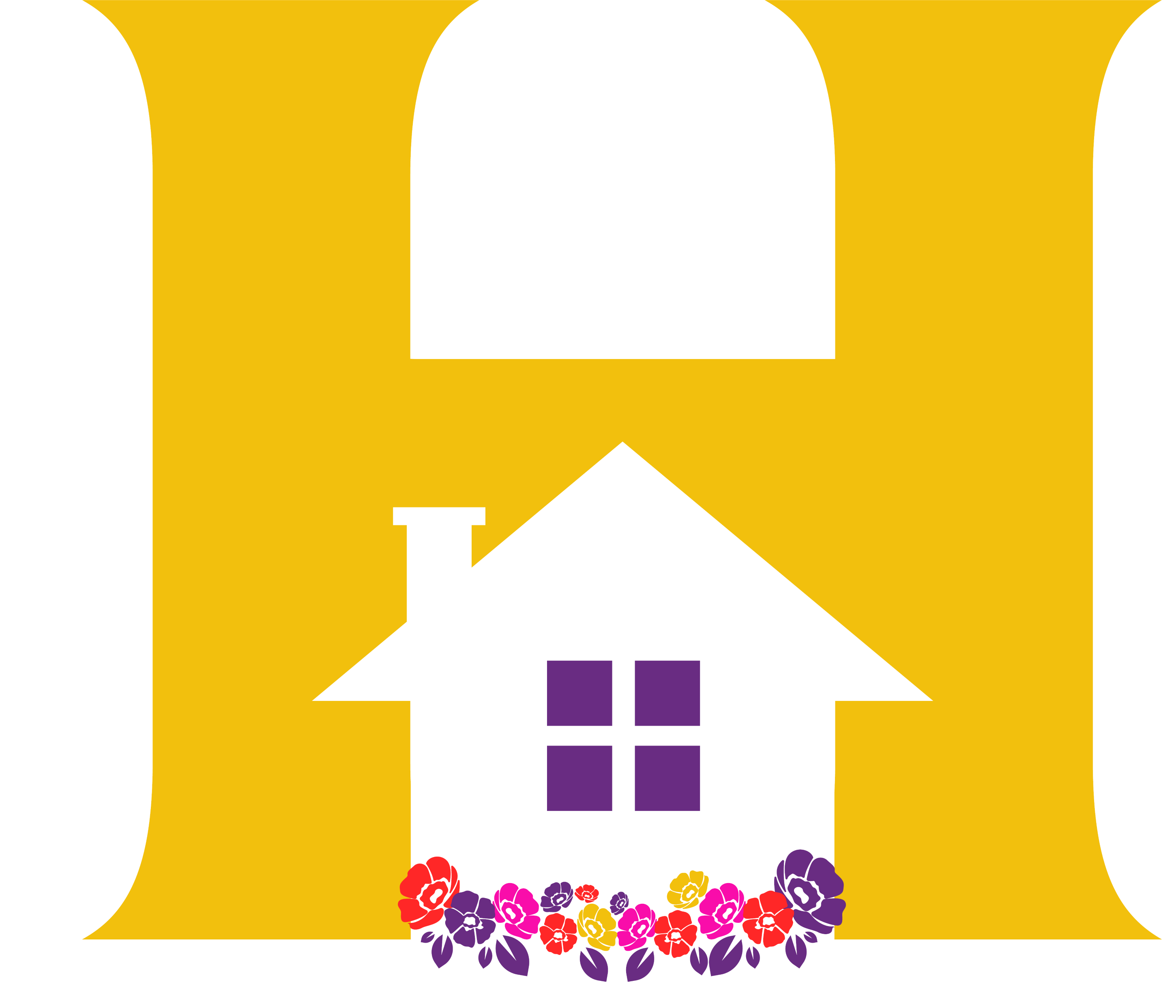“The greater a child’s terror, and the earlier it is experienced, the harder it becomes to develop a strong and healthy sense of self.” [1]
-Nathaniel Branden, Six Pillars of Self Esteem
Child abuse is not an easy topic to discuss, but it is extremely necessary in order to increase awareness of the issue. Creating, spreading, and continuing the conversation about child abuse is essential for our society to adequately prevent, treat, and accept this common experience. Child abuse has deeper, longer lasting effects than just physical wounds on a body. The CDC lists four different types of abuse: physical abuse, sexual abuse, emotional abuse and neglect. [2] Any of these forms of abuse experienced in childhood can affect victims’ mental health in later stages of life.
The consequences of child abuse
The trauma that a child experiences from being abused does not end with the abuse. It often lasts the rest of the child’s life, and can lead to a variety of emotional and psychological issues. The CDC lists a few of them:
- Impaired social-emotional skills
- Increased risk of substance abuse
- Learning disabilities including attention and focus problems
- Altered brain development from toxic stress
This list gives a glimpse into the effects that childhood abuse has on the mind. Abuse changes a child’s mind from the moment it begins. As the child grows up, the mind does not go back to “normal,” for many of them. There’s a positive correlation between child abuse and many mental health conditions.
Mental health disorders associated with child abuse

The facts and statistics that studies have found regarding child abuse as a risk factor for certain mental health conditions are exigent.
In 2003, the US National Library of Medicine published a study on the links between mental health conditions and childhood abuse. Although it is an older publication, the study had important findings that are still relevant:
- Those who suffered abuse as a child experienced more cases of OCD
- Individuals who experienced abuse report higher levels of PTSD
- Child abuse victims are more likely to have recurrent depression
- Child abuse is a risk factor for eating disorders such as bulimia nervosa
The Lancet published a study last year that found that child abuse doubles an individual’s chance of developing depression and anxiety.
Another research study conducted by the University of Birmingham reported that children who experience abuse are at four times higher risk of developing psychoses, schizophrenia, and bipolar disorder.
Why it’s important to recognize the connection between the two
A reason our world struggles to lower child abuse rates is because it is very underreported. Oftentimes, children are not likely to report the abuse they are experiencing, because many of them don’t understand what it is they are going through. Some of them aren’t aware that it’s wrong. It is also common for professionals to miss signs of abuse. These factors lead to many missed opportunities to help the victims of childhood abuse.
Similarly, doctors often diagnose mental health conditions without evaluating child abuse as a causal agent. It’s important to recognize if the patient was abused as a child when treating them. Routine treatment may not work for every patient if their abusive childhood is not acknowledged. Encouraging healing from the traumatic abuse experience can benefit the patient’s mental health the most.
Steps we can take to help

It’s clear from the ongoing prevalence of this issue that we need to take better measures in dealing with and preventing childhood abuse. We will save more children and heal more survivors this way. Less cases of child abuse means less cases of adult mental health disorders. The CDC has an abuse prevention package outlined on their website. It consists of approaches targeted to individual behavior, parents, communities and social institutions to prevent child abuse.
- Better economic support for families, and workplace policies that are family-friendly.
- Supporting parents better as a society and encouraging healthy parenting.
- Quality education and childcare.
- Educated parenting to enhance child development.
- Better training for preventing and healing abuse.
This is only a brief summary of the child abuse prevention package, but we encourage you to read it thoroughly, here.
Conclusion
Our mission statement here at Safe Harbor is to provide family restoration to transform the lives of victims of any kind of family trauma. As child abuse is a significant type of family trauma, we feel it important to spread awareness of the issue. Our society does not widely acknowledge the direct link between childhood abuse and mental illness.
In the best interest of our readers’ health, we encourage all of you to check in on your mental health this month and every month. If you are a survivor, and experience a mental health disorder, ensure that your doctor knows about your abuse. Your doctor might suggest different treatment. It is never too late to begin the healing process.
It’s up to all of us to do our parts to prevent and heal the issue of child abuse. Medical professionals and social service workers are not the only ones who have the power to spot and potentially prevent this issue. If you are interested in helping those who may have suffered abuse, and/or other types of family violence, our organization has many ways to get involved.
Written by Grace Haass, blogger at Safe Harbor International Ministries. For more articles, check out our blog page: https://safeharborim.com/articles/.


0 Comments
Trackbacks/Pingbacks